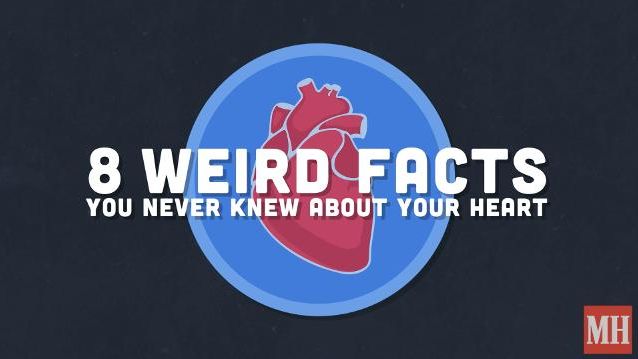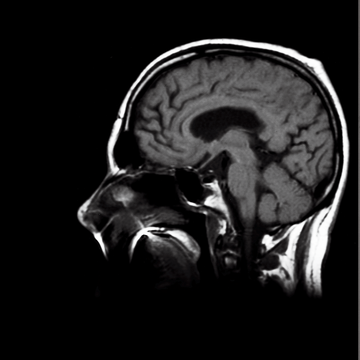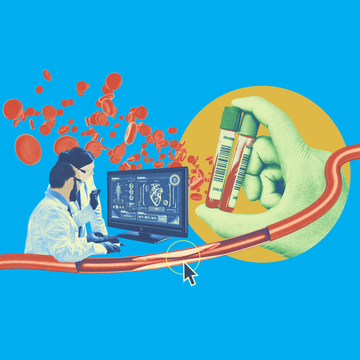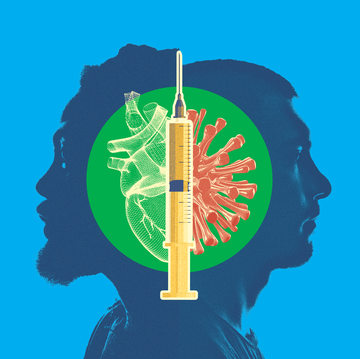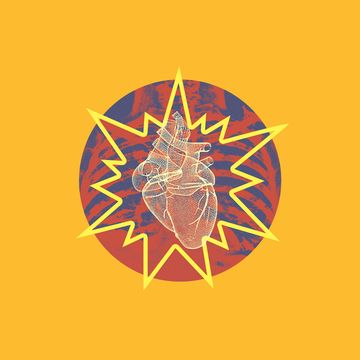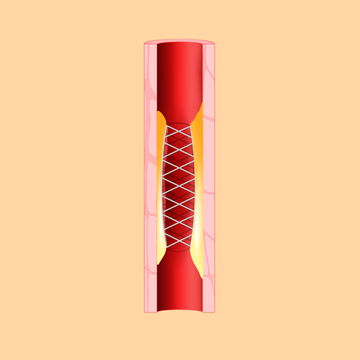Experts have long known that taking statins lowers your risk of LDL, or “bad” cholesterol. But the question remained, in healthy people, does lowering that cholesterol really save lives?
Now, a new study provides more insight into that debate: Statins cut the risk of early death in people with high LDL cholesterol, but no signs of heart disease, a new study in Circulation found.
In the study, researchers recruited over 5,500 men without evidence of heart disease, grouped them by cholesterol levels, and gave some 40 milligrams (mg) of a statin called pravastatin and others a placebo drug. They found that those with high LDL—190 mg/dL or above—who were taking the stain were 28 percent less likely to die of coronary heart disease and 18 percent less likely to die overall during the 20-year follow up than those taking the placebo.
The statin reduced their cholesterol levels by about 23 percent after one year, the study found.
8 Weird Facts You Never Knew About Your Heart:
In men with cholesterol levels below 190 mg/dL—an average reading of 178 mg/dL at baseline—those who took the statin reduced their risk of coronary heart disease by 27 percent and major cardiac events like heart attacks by 23 percent compared to those who took a placebo, too.
The researchers say that these findings provide support for statin therapy as a preventive measure for people with LDL above 190 mg/dL, and also for those below that level, or 155 mg/dL or higher.
They believe the findings show that levels above 190 should begin statin therapy without the need for other assessment of risk, since the high LDL is risk enough in itself, they explain in a statement. Still, you should talk to your doctor to weigh your individual risks and benefits before starting a new prescription regimen.
Current guidelines say that LDL above 190 mg/dL is considered “very high,” and LDL levels below 100 are considered “optimal”.
Statins block an enzyme called HMG-CoA reductase, which is involved in cholesterol production in your liver. If too much cholesterol builds up in your blood vessels, it can cause them to narrow and stiffen. As a result, plaque can develop, blocking blood flow to the heart and potentially causing a heart attack, as we reported.
Not sure what your levels are? Get them checked. Guys should get a baseline reading by age 35—younger if they have risk factors like being overweight or having a family history of heart disease—and continue to get re-checked every five years, according to Randy Wexler, M.D, an associate professor of family medicine at The Ohio State University Wexner Medical Center. (For more health news delivered right to your inbox, sign up for our Daily Dose newsletter.)

